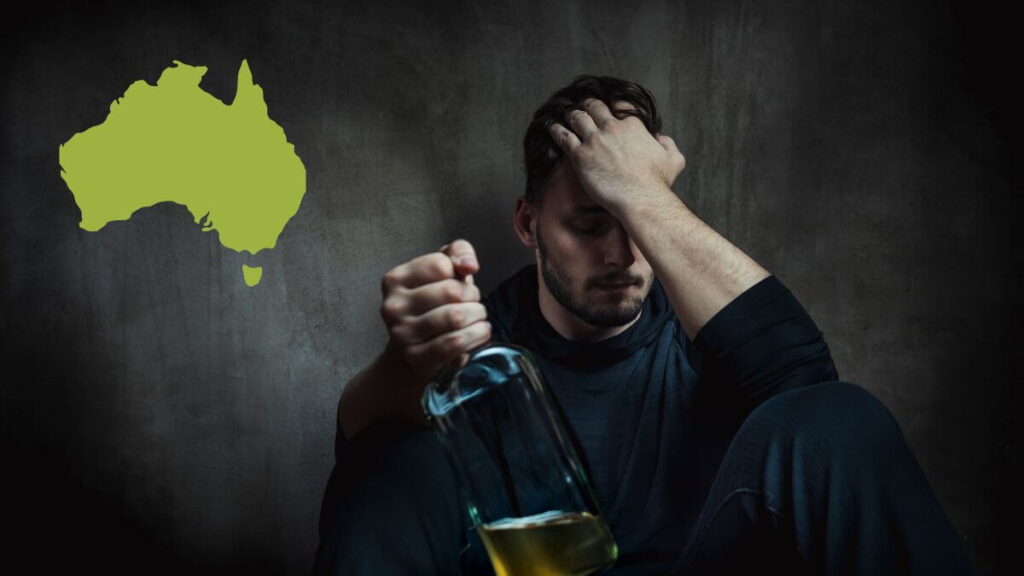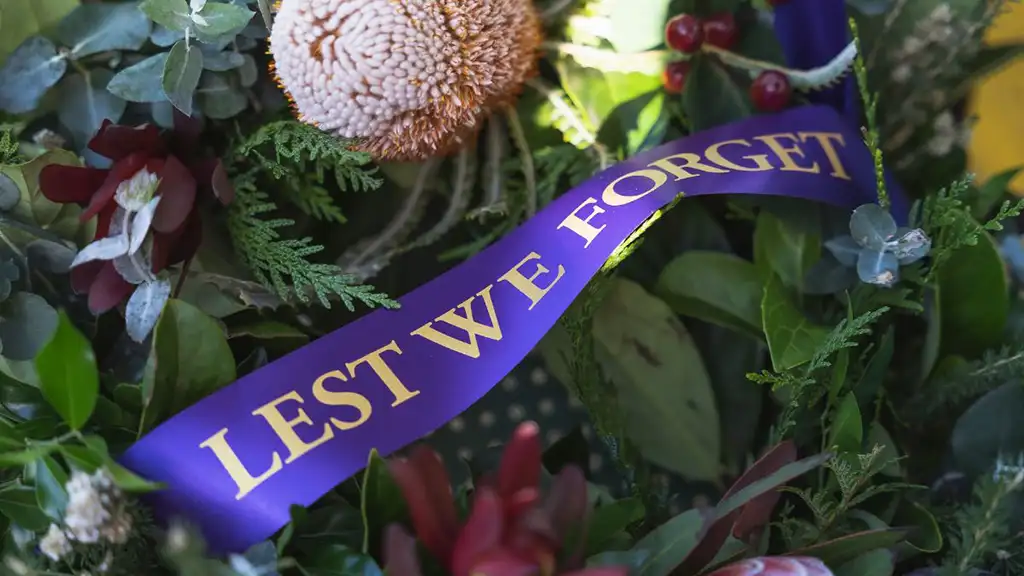Article first published in The Australian earlier this year…
Incidents of domestic violence and assault have plummeted by more than a third in Alice Springs since alcohol restrictions were put in place earlier this year, following outcry from locals demanding for months that the Territory government implement grog bans.
The fresh figures – which showed total recorded assaults dived from more than 260 in January to 170 in April – come after The Australian revealed the extent of the crime wave gripping the town following the expiry of alcohol restrictions in July 2022.
The Northern Territory government initially resisted pressure to reinstate the bans because they represented a “race-based policy” that “targeted and disempowered Aboriginal Territorians and entrenched disadvantage, rather than improve it”.
But, in light of the data showing the decrease in violence since restrictions were restored, an NT government spokeswoman said it was clear the measures did work.
“Over the last three months we have seen these alcohol restrictions work, and support our community and frontline workers,” she said.
“Domestic violence has dropped by a third in the months since the takeaway alcohol restrictions were reintroduced into the Northern Territory town.”
On top of total takeaway bans on Mondays and Tuesdays, and limits to purchasing of alcohol during the rest of the week, town camps and communities were reverted back to being complete dry zones in February.
While communities can opt out of being dry zones through alcohol management plans, the NT government spokeswoman confirmed not a single plan had been submitted.
Alice Springs Mayor Matt Paterson implored the NT and commonwealth governments not to soften any restrictions.
“I’ll be begging them to keep that policy in place,” he said. “Clearly, if you look at it, this is working.”
People’s Alcohol Action Coalition spokesman John Boffa said the unravelling of law and order after alcohol restrictions expired had taught the town and the NT government a hard lesson.
“Unfortunately one way sometimes to see just how effective certain alcohol restrictions are is to suddenly remove them and see what happens, and that’s what we’ve seen,” he said.
“This clearly settles the debate. The restrictions were and are very effective.”
Dr Boffa said it was critical the crime rate continued to go down in order to attract essential workers back to the town, with seven of 24 local GP positions still vacant.
Marion Scrymgour, the Labor MP for the federal seat of Lingiari, was critical of the NT government not adequately addressing the spike in crime this year, and urged the Territory not to make any changes to the restrictions lightly.
“I have always said that restrictions are an important piece of alleviating some of the challenges we face in Central Australia. Alcohol is a major contributor to violence and the restrictions have shown that reducing supply can make a difference,” she said.
“It is critical the NT government work with communities on their harm minimisation and Alcohol Management Plans before any changes to restrictions take place.”
NT Police Association president Paul McCue said the organisation was “cautiously optimistic” in light of the data showing a drop in crime, but that the drastic increase in alcohol-related harm, crime and violence after restrictions lapsed “should have never been allowed to happen”.
While police and residents welcomed the reduction in violence and assault, the illegal selling of alcohol to dry communities was still identified as a concern.
“Feedback from our Alice Springs-based members is they have definitely seen an increase in secondary supply, particularly on Monday and Tuesday when all takeaway liquor outlets are closed,” Mr McCue said.
Last month, NT police seized 200 litres of alcohol from the boot of a car, suspected to be headed to a dry remote community, when it was intercepted on the Stuart Highway. In Facebook posts seen by The Australian, some grog runners are offering to sell 30-packs of beer for $250.
NT Police acting deputy commissioner Martin Dole said more “volumetric restrictions” on how much alcohol individuals could buy would “go further in helping to reduce the alcohol-related harm across the community”.
“It is proven to work and goes further in assisting police target, investigate and prevent secondary supply of alcohol,” he said.
Reporting by The Australian detailed the toll taken on communities, businesses and frontline services as rates of assault rose by around 50 per cent after alcohol was allowed back into the region.
One Central Australian police officer told The Australian at the time they “never knew” if they would get home in the same condition as when they left and constantly wondered if they would end up in hospital “or worse”.
In December, weeks before the NT government reinstated some alcohol restrictions, the number of assaults had reached record highs, with 368 incidents recorded.
Joshua Burgoyne, member for the NT seat of Braitling, which takes in Alice Springs, and the opposition spokesman for families, said the government had not acted quickly enough to put the bans back in place.
“The NT Labor government ignored the voices of Alice Springs residents, the CLP, Aboriginal groups and even their Labor senator when the stronger futures provisions lapsed,” he said.
“Immediately we saw a huge spike in alcohol-related assaults and a crime spree that has further decimated our town.”
Mr Burgoyne also raised concern over the NT government admission that not “one dollar” of the $250m commonwealth “emergency response” package had yet rolled out.
Senator Price said it was clear that if the NT government had listened to local voices earlier “we would be much further along in the process”.




